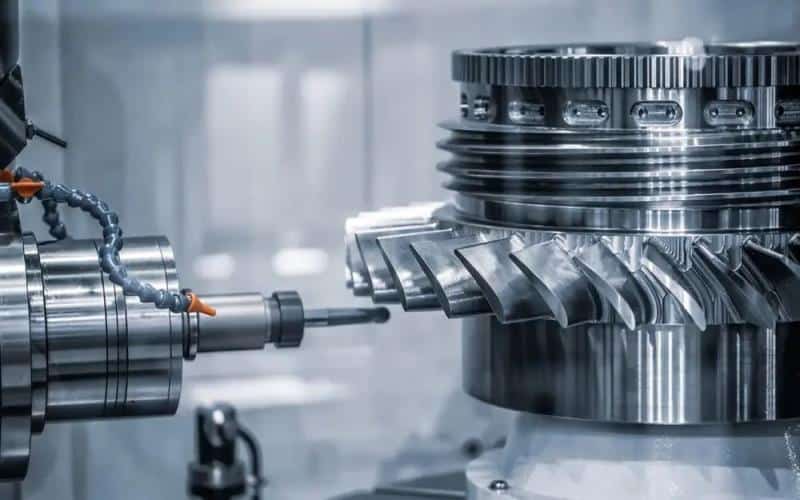Precision manufacturing has emerged as a cornerstone of modern industry, enabling the creation of highly accurate and reliable components that are essential to countless sectors, including aerospace, automotive, medical devices, electronics, and more. At its core, precision manufacturing refers to the process of producing parts and products to exact specifications, often within tolerances of microns or less. This level of accuracy is critical in today’s fast-paced, innovation-driven economy, where even the smallest deviation can compromise the functionality or safety of a final product. The advancement of precision manufacturing is largely fueled by cutting-edge technologies such as computer numerical control CNC machining, additive manufacturing 3D printing, robotics, and advanced metrology. CNC machining, for instance, uses computer programs to control tools like mills, lathes, and grinders, ensuring consistency and repeatability in production. These machines are capable of crafting intricate designs with incredible speed and minimal human intervention, which significantly reduces errors and increases productivity.

Additive manufacturing has also revolutionized precision manufacturing by allowing for the creation of complex geometries that would be impossible or cost-prohibitive using traditional methods. This technology builds parts layer by layer from digital models, reducing material waste and accelerating the prototyping and development process. In sectors like healthcare, 3D printing is used to produce custom implants and prosthetics tailored to individual patients, illustrating the remarkable potential of precision in enhancing human life. Another key component of precision manufacturing is the integration of robotics and automation. Robots equipped with sensors and artificial intelligence AI is now common in modern Uneed manufacturing environments. They perform repetitive and intricate tasks with a high degree of accuracy and efficiency, freeing human workers for more strategic roles. These smart systems can self-correct in real time and adapt to variations in the production process, ensuring optimal quality and reducing downtime. Advanced metrology the science of measurement also plays a crucial role in maintaining the high standards of precision manufacturing.
Coordinate measuring machines CMMs, laser scanners, and optical comparators are used to inspect and verify the dimensions of manufactured components. These tools provide manufacturers with the data needed to maintain quality control and ensure each part meets its design specifications and verify is cnc machining hard. Moreover, the digital transformation of the manufacturing sector often referred to as Industry 4. 0 has further enhanced precision manufacturing. The use of sensors, the Internet of Things IoT, and data analytics enables real-time monitoring and optimization of manufacturing processes. This connectivity ensures tighter quality control, predictive maintenance, and continuous improvement in production workflows. In conclusion, precision manufacturing represents the fusion of traditional craftsmanship with modern technology. Its impact spans industries and touches nearly every aspect of our daily lives. As technology continues to evolve, the capabilities of precision manufacturing will only grow, driving further innovation and setting new standards for what is possible in industrial production.
